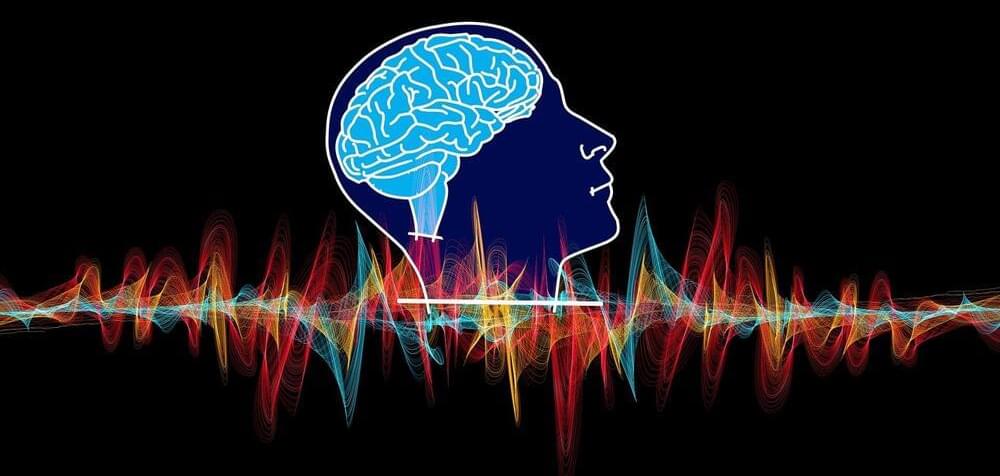Neurons produce rhythmic patterns of electrical activity in the brain. One of the unsettled questions in the field of neuroscience is what primarily drives these rhythmic signals, called oscillations. University of Arizona researchers have found that simply remembering events can trigger them, even more so than when people are experiencing the actual event.
The researchers, whose findings are published in the journal Neuron, specifically focused on what are known as theta oscillations, which emerge in the brain’s hippocampus region during activities like exploration, navigation and sleep. The hippocampus plays a crucial role in the brain’s ability to remember the past.
Prior to this study, it was believed that the external environment played a more important role in driving theta oscillations, said Arne Ekstrom, professor of cognition and neural systems in the UArizona Department of Psychology and senior author of the study. But Ekstrom and his collaborators found that memory generated in the brain is the main driver of theta activity.
